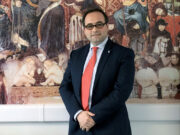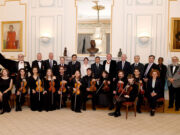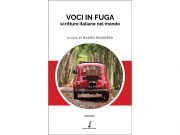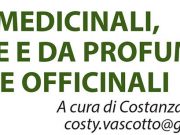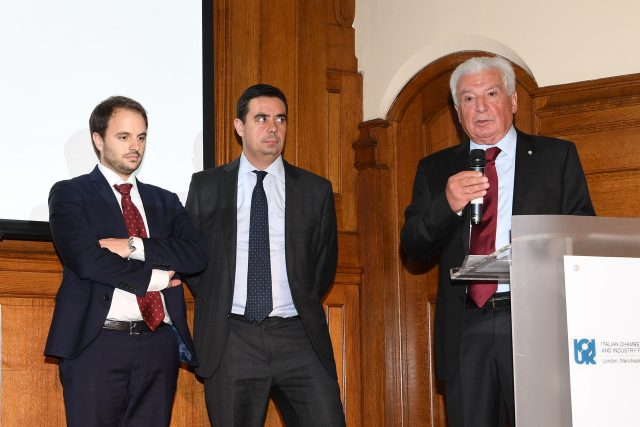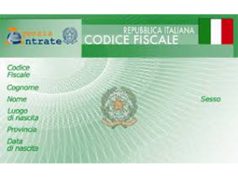We are in the middle of the third ‘Italian diaspora’, one of the greatest emigration waves Italy experienced since WW2, representing a direct cost for Italy of about 1% of GDP growth per year (Italy’s employers lobby group Confi ndustria estimates a loss of €14 billion per year in human capital investments). As a consequence, this loss for Italy is a benefi t for the UK economy and labour market, in terms of GDP growth, fiscal benefi ts and employment.
This is the alarming conclusion of a “position paper” presented on November 28th by the Association ‘Talented Italians in the UK’ at the Italian Chamber of Deputies, one of the two branches of Parliament.
The subject of this first paper of the newly created Association is a very sensitive topic in current global affairs: migrations. In particular, the paper focuses on the Italian migration to the UK, which, despite Brexit, remains (alongside Germany) the preferred destination of Italian migrants of all age-groups. The paper shows how there are around 700 000 Italians residing in the UK. A large proportion of them holds at least an undergraduate degree and therefore emigrated in search for better work opportunities and life prospects.
The paper aims at increasing the level of awareness among Italian institutions that this wave of migration represents a loss both in human capital and economic growth for the country. The key message is that if a country “exports” the most talented because it doesn’t give them the opportunity to thrive, it cannot succeed economically, because this is not a stable equilibrium. Italy should not continue losing its best talents to foreign countries; and the UK should realise the importance of the Italian, as well as other foreign communities to the British economy and society. The circulation of people and ideas is fundamental to allow the progress of countries, and policies need to be implemented to create the conditions for people to come back Italy, if they want to do so.
The Association ‘Talented Italians in the UK’ was launched a few months ago in London by the President of the Italian Chamber of Commerce and Industry for the UK Leonardo Simonelli during the 5th edition of the ‘Talented Young Italians’ (TYI) award. In that occasion Brunello Rosa, Director of the Association and winner of the fi rst edition of the TYI award, and Flavio Mondello Malvestiti, a member of the Association, presented the paper on the effects of Italian migration in the UK. The Association gathers the winners of a number of existing Italian awards in the UK, such as the ‘Talented Young Italians’ and ‘Italy Made Me’, awarded by the Italian Embassy in the UK to academic researchers. It also includes members of other Italian associations, such as ‘Il Circolo’, a cultural organization that awards scholarships; the Italian Medical Society of Great Britain; the Association of Italian Scientists in the UK; the Bocconi University Alumni Association in the UK; and also, individuals interested in contributing to the development of Italian talents in the UK.
There are two criteria to be part of the Association: being a recognised ‘Talented Italian’ by an external entity, based on merit; and having contributed in some way to the development of the relation between the UK and Italy and keeping the link alive. The initial objective of the Association is to form a community, by bringing together “recognised Italian talents” in the UK. The purpose is to emphasise the importance of talent and merit, and the eff orts made to have them recognised in various professional environments.
The Association will undertake a series of initiatives, including: 1) mapping associations and initiatives of similar nature; 2) coordinating several mentoring activities; 3) creating a permanent advisory board for prominent individuals visiting the UK, to discuss best practices and how Italy is seen from abroad; and 4) producing position papers on specifi c subjects of interest for the Italian community in the UK.



